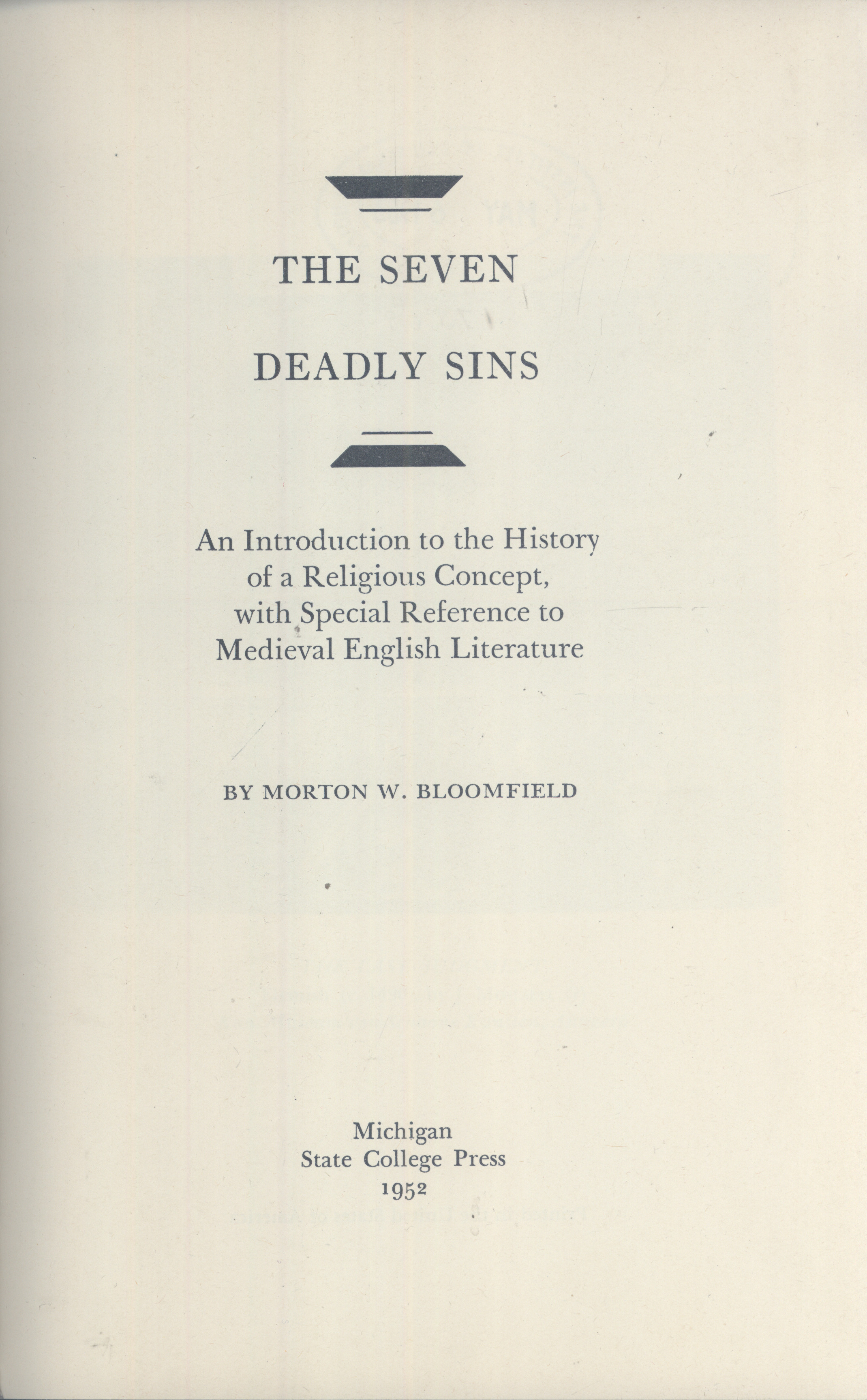For this paper, you will investigate more thoroughly a topic from the class that interests you.
You will need academic resources to substantiate your claims.
This guide should help you begin locating this evidence.
There are many ways to brainstorm and hone a topic. First, start with what course material has piqued your interest and left you wanting to know more. What makes you curious? Then, start looking for connections to your life and your world. Such as
You can also do some digital browsing, whether on the open web or utilizing Rod Library resources.
With the unleashing of accessible generative AI to the masses, it is both an exciting and overwhelming time. Generative AI deserves contemplation and critique and, when used ethically and thoughtfully, may prove to be a powerful collaborative tool.
What is important here is not to outsource the creation of original work (which, because it's based on predictive text, is not all that original), but instead to bring your human characteristics (critical thinking, judgment, expertise) to the partnership for a possibly augmented outcome.
OF SPECIAL NOTE: Each class and work situation you encounter will have different rules (both formal and informal) regarding the acceptable use of AI. As our communities work to figure this technology out, it is in your best interest to seek explicit instruction about the acceptable and unacceptable uses of such tools in each context.
Today, we will use Microsoft Copilot to brainstorm and refine our topics. Using your university account ensures you are in "protected mode."
First and foremost, place your topic/question in the context of ideas, conversations, and readings from class. From here, find relevant and important academic resources on your topic. Most academic resources are not freely available on the open web, so I recommend utilizing Rod Library's resources to fulfill this requirement.
Journal articles, books, magazines, and newspapers in almost every subject area.
If you hit a paywall on the open web or in a library database and cannot read the full text of something you deeply want to read. REACH OUT to your librarian; she can help you learn the Interlibrary Loan process. We can't get everything from other libraries, but we are able to get lots of things. The biggest barrier is time, so start early so you have time to receive items that come from other places
College-level research typically requires you to move beyond general reference works like Encyclopedia Britannica and the Merriam-Webster Dictionary. This does not mean, however, that there isn't still a place for subject-specific or special dictionaries and encyclopedias.
While Rod Library still keeps physical copies of many of these works on the shelves, we also provide online access to some of these titles.
You can use this database in various ways, but because this class pushes you to examine these topics through a philosophical and religious lens, you may want to prioritize resources from that perspective. You can do this by browsing (noting the publication's name), searching each title individually, or creating a detailed advanced search.
One such search may be philosophy OR religion OR "New Catholic Encyclopedia" in Publication Title AND virtue OR vice in Subject.

Depending on your goals, searching for each virtue, vice, and sin separately would also be useful! For example, philosophy OR religion OR "New Catholic Encyclopedia" in Publication Title AND gluttony OR temperance in Subject.
Dr. Hill has shared some wonderful resources with you. Here are direct links or descriptions of how you might access this resource if a direct link is not available.
 The seven deadly sins; an introduction to the history of a religious concept, with special reference to medieval English literature
by
Bloomfield, Morton W.
The seven deadly sins; an introduction to the history of a religious concept, with special reference to medieval English literature
by
Bloomfield, Morton W.
Rod Library does not own a copy of these items. If you request the entire book, it will have to travel through Interlibrary Loan; if you only need one chapter, that type of request can usually come much more quickly!